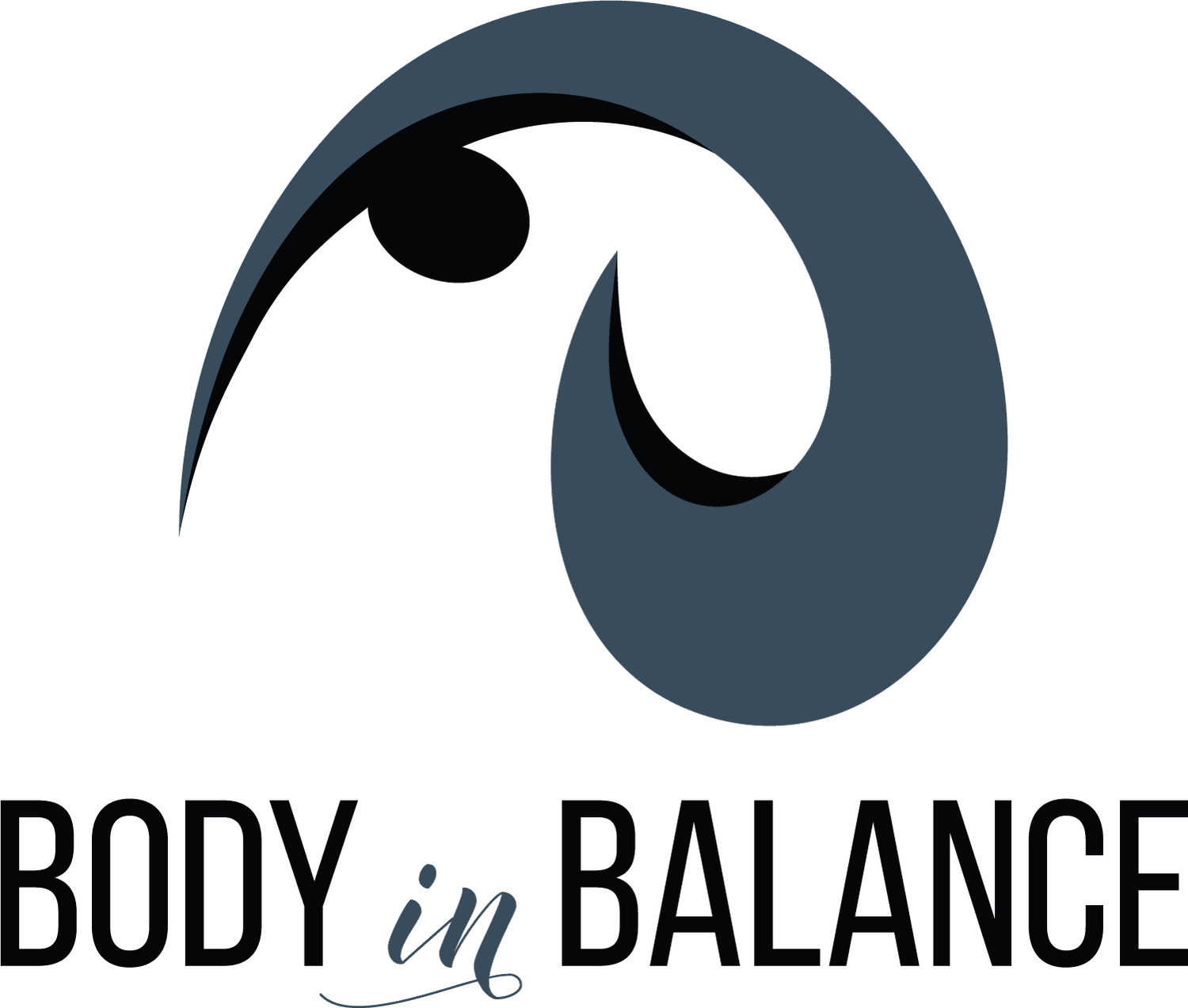Auto Accident Recovery
Understanding Spinal Injuries After an Accident
Even low-speed collisions, as little as 5 mph, can lead to significant spinal injuries, many of which may not produce symptoms right away. At Body In Balance, we specialize in the accurate diagnosis and effective treatment of these injuries to support full recovery and prevent chronic dysfunction.
The Three Most Common Spinal Injuries Following a Collision:
Spinal Fractures: Breaks or cracks in the vertebrae, typically diagnosed through standard X-ray imaging.
Disc Herniations: Damage to the intervertebral discs that act as shock absorbers for the spine. These are best visualized with MRI and can cause radiating pain, numbness, or weakness.
Spinal Ligament Injuries: Often the most severe and commonly overlooked. These injuries involve damage to the ligaments that stabilize the spine, resulting in spinal instability, nerve irritation, chronic pain, and accelerated joint degeneration.
We use the latest diagnostic technology, including Computerized Radiographic Mensuration Analysis (CRMA), a motion-based X-ray study that precisely measures spinal ligament integrity. This advanced approach allows us to detect injuries that are frequently missed in traditional assessments.
Why This Matters
While disc injuries can be painful and disruptive, spinal ligament injuries are often the root cause of long-term symptoms and disability. Unfortunately, they are rarely evaluated properly. Our team is trained to identify and treat these complex injuries early, when intervention is most effective.
We believe informed patients make empowered decisions. That’s why we offer comprehensive patient education resources, including:
In-office consultations to walk you through your imaging results
Educational handouts and video materials on spinal health and injury recovery
Personalized care plans that outline each step of the healing process
Our neurologically-based approach to care focuses not only on symptom relief but also on addressing the underlying cause of dysfunction. With your active involvement and our clinical expertise, we’ll guide you through a care plan designed to help you heal fully and return to living your life pain-free.



